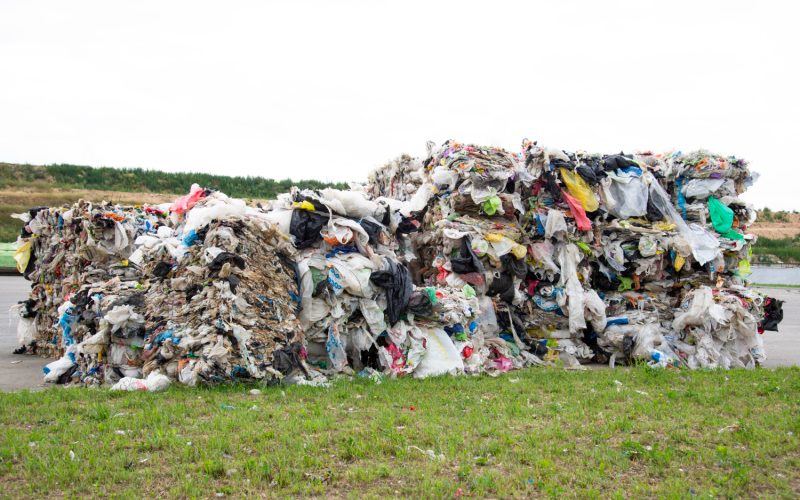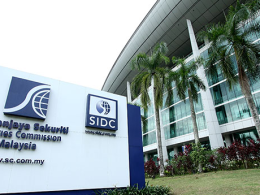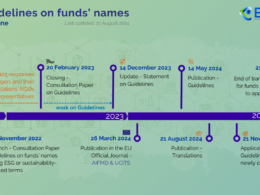Thailand has officially banned plastic waste imports as of January 2025, responding to mounting concerns over toxic pollution and mismanaged waste. This decisive move comes after years of advocacy from environmental activists and amid global calls for stronger action against plastic pollution.
Historically, Thailand, along with other Southeast Asian nations, has been a major destination for plastic waste from developed countries, especially after China’s 2018 ban on household waste imports. Thailand received over 1.1 million tonnes of plastic scraps between 2018 and 2021, with Japan being the largest exporter in 2023, sending around 50 million kilograms. Other major exporters include Europe, US and UK.
Environmental advocates hailed the ban as a significant victory. Penchom Sae-Tang, director of Ecological Alert and Recovery, emphasised that “vigilant monitoring and robust cooperation with authorities” are essential to ensuring the law’s enforcement. Mismanagement of plastic imports in Thailand often led to harmful practices like waste burning, which caused severe environmental and health damage.
Experts have urged further action. Punyathorn Jeungsmarn, a plastics campaign researcher with the Environmental Justice Foundation, highlighted gaps in the law, noting that Thailand could still be exploited as a transit point for plastic waste headed to neighbouring countries. “The government must ensure enforcement and prevent illicit imports,” she said.
The ban comes as global talks on a plastic waste treaty remain deadlocked. Negotiators failed to finalise a global agreement in Busan last year, with resistance from oil-producing nations such as Saudi Arabia, Iran, and Russia. The proposed treaty, supported by over 100 nations, called for legally binding reductions in plastic production, which currently exceeds 400 million tonnes annually, and the phasing out of hazardous chemicals and single-use plastics.
Experts warn that failure to secure a global treaty poses significant risks to both environmental and human health. Prof. Steve Fletcher, director of the Revolution Plastics Institute at the University of Portsmouth, called plastic pollution “a critical human health crisis,” citing emerging research linking microplastic exposure to increased risks of stroke, heart attack, and dementia.
Dr. Cressida Bowyer, deputy director of the Revolution Plastics Institute, underscored the dangers of open plastic burning, a common practice in low- and middle-income countries. “The toxic fumes from burning plastic are a silent but deadly contributor to global health burdens,” she said, calling for urgent international action.
No date has been set for renewed discussions on the global treaty, leaving nations like Thailand to lead by example in the fight against plastic pollution.




















